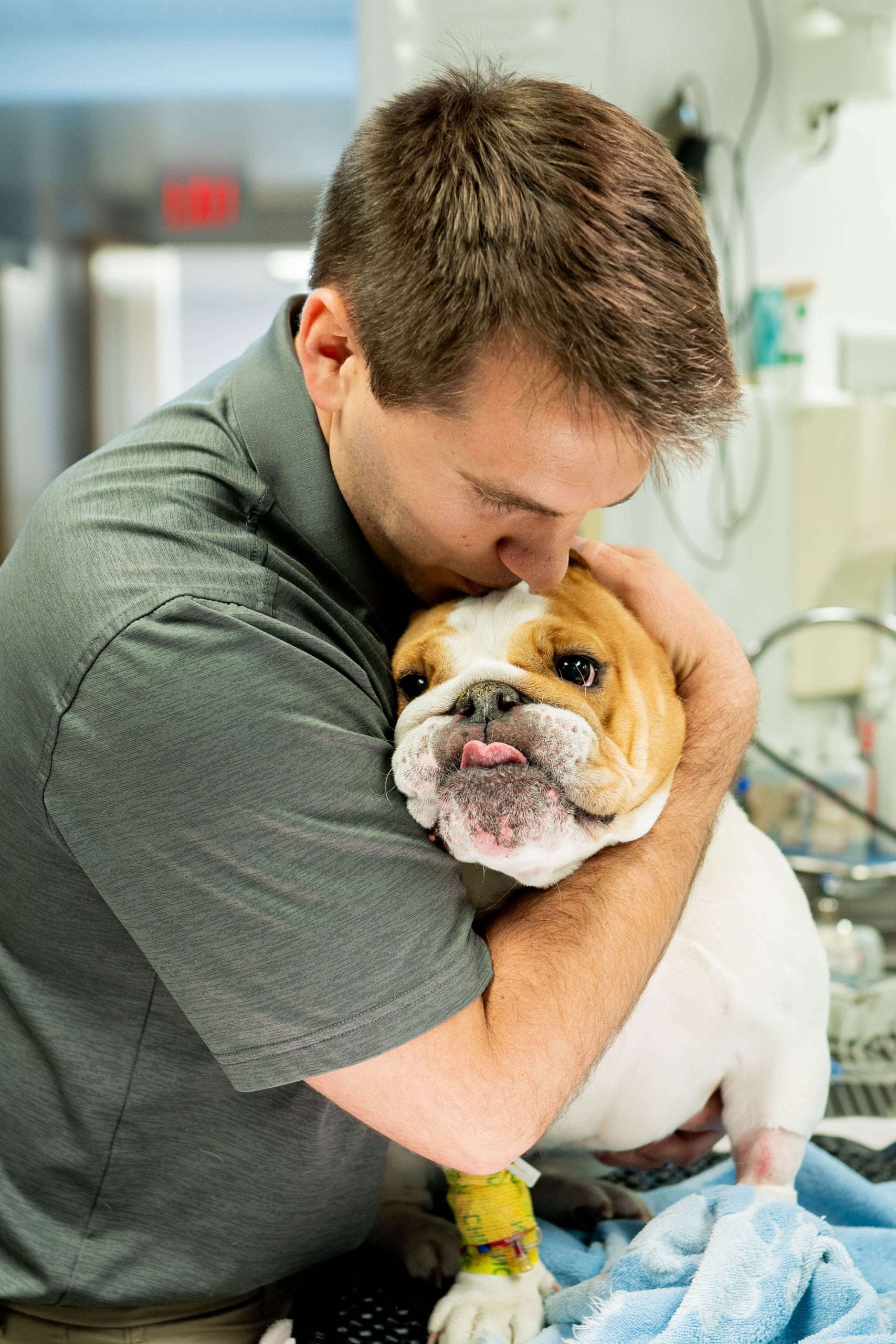What is kennel cough?
Kennel Cough is a term used to describe a range of infectious and highly contagious conditions in dogs where the main symptom is coughing. It is also known as infectious tracheobronchitis or Canine Infectious Respiratory Disease Complex (CIRDC). The condition can be caused by a variety of viruses and bacteria including, adenovirus type-2, parainfluenza virus, canine coronavirus, the bacterium Bordetella bronchiseptica, and many others. Often, it is seen in places with a large number of dogs such as dog parks, grooming salons, and kennels (hence the name).
How is it spread?
 Kennel Cough is very contagious and spreads easily in crowded conditions. It can be transmitted by casual contact such as sniffing or sharing water bowls as well as through droplets in the air. Stress, cold temperatures, and dust or smoke can also increase the likelihood of a dog contracting the condition.
Kennel Cough is very contagious and spreads easily in crowded conditions. It can be transmitted by casual contact such as sniffing or sharing water bowls as well as through droplets in the air. Stress, cold temperatures, and dust or smoke can also increase the likelihood of a dog contracting the condition.
Symptoms
The first and most obvious symptom that you might think about and notice is a cough. Many times, this has been described and a “honking” cough similar to a goose. It may also sound as though something is stuck in your dog’s throat and they may even cough so hard that they bring up a frothy fluid. Coughing can also be accompanied by runny eyes and nose. It is unlikely to cause lethargy or a loss of appetite.
Treatment
While many cases of kennel cough will resolve on their own with rest, many times your veterinarian will prescribe antibiotics. These are useful to prevent secondary infections from developing as well bacterial causes including Bordetella bronchisepta. There is no specific treatment for viral infections.
Most cases resolve in one to three weeks, but some may take longer especially if secondary infections like pneumonia develop. Along with antibiotics, cough suppressants and anti-inflammatory medications may also be prescribed to help with the comfort of the pet as well as the owner when sleep is interrupted. Coughing however can help rid the dog of infection so it is important that they only be used as instructed by the veterinarian.
Kennel cough is usually is a mild condition and easily treatable in healthy dogs, but it is important to contact your veterinarian if you notice your dog coughing. A variety of conditions can have this symptom including more serious diseases such as heartworms, collapsing trachea, heart disease, and even canine distemper.
Vaccines and Prevention
Many of the common strains of kennel cough can be vaccinated against. Most distemper/parvo combination vaccines also protect against Adenovirus-2. Bordetella vaccines are recommended for any dog who is at higher risk of contracting it such as those who regularly are boarded, groomed, or frequent dog parks. Immunity however from these vaccines can vary by individual and situation. Because of this, many kennel facilities require a booster every six months.
Unfortunately, there is not a vaccine for every strain of the condition. When these strains are present in an area, they can cause facilities to have to close. It is very important if you notice your dog exhibiting these symptoms to keep them away from others until at least two weeks after they have resolved as this and treatment are the only way to slow transmission.
As always, please give us a call if you have any questions or need to schedule an appointment at (865) 525-1167 or click here.

